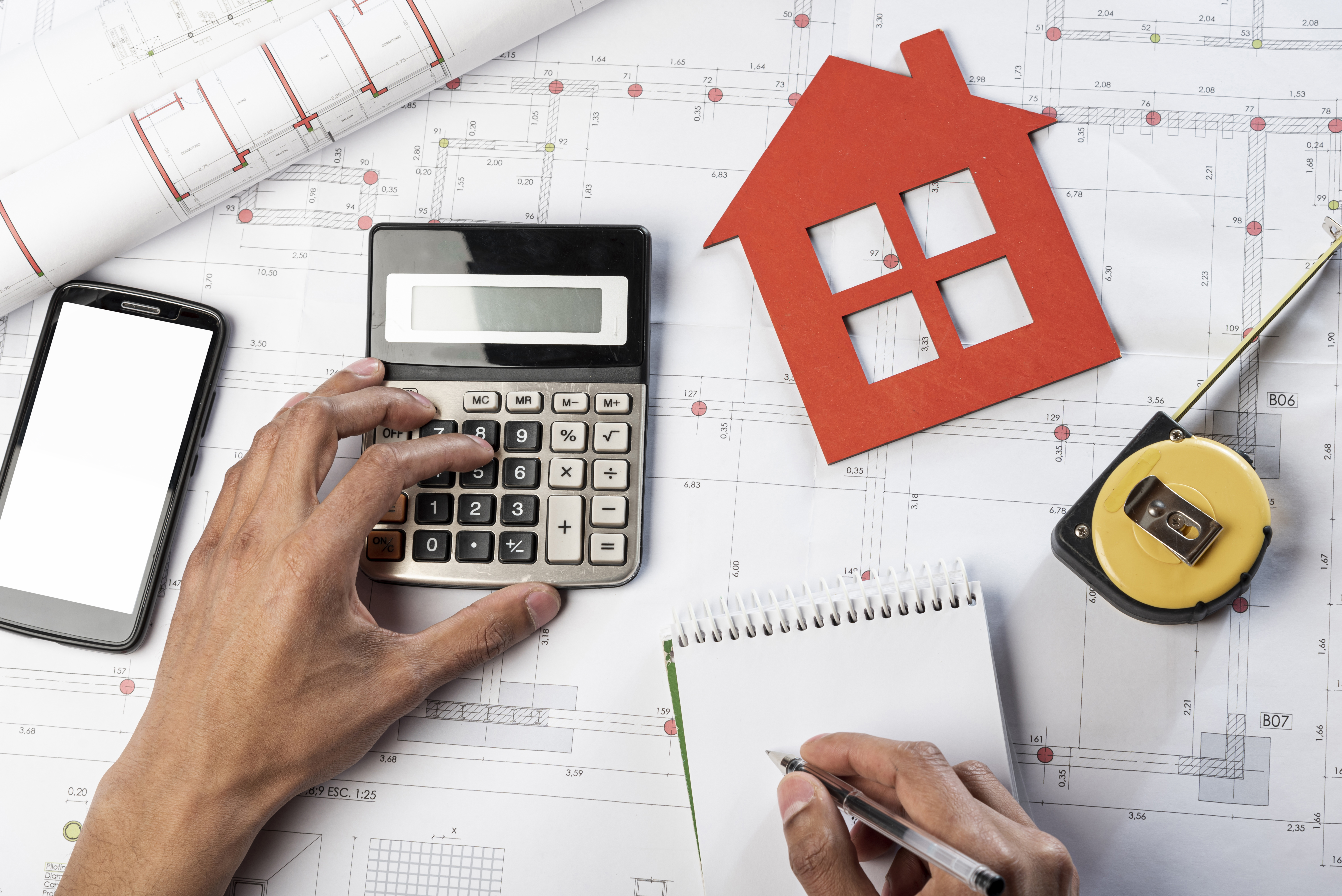
What Property Owners Need to Know About the OBBBA
Navigating Tax Changes: A Guide for Property Owners
Tax law changes can often feel like a maze, affecting property owners in unexpected ways. This is especially true when deductions, credits, or investment planning are involved. With the passing of the One Big Beautiful Bill Act (OBBBA) on July 4, 2025, property owners – whether they own residential, rental, or commercial properties – need to pay attention to how these changes might influence their bottom line.
What Homeowners Should Know
If you're a homeowner, here's what the OBBBA means for you:
- Permanent Deductions for FHA Premiums: Private mortgage insurance and FHA premiums are now permanently deductible. However, it's crucial to assess if itemizing your taxes makes sense, especially given the new standard deduction limits of $15,750 for individuals and $31,500 for joint filers.
- Mortgage Interest Deductions: The mortgage interest deduction is now permanent for loans up to $750,000, making it a long-term benefit for many property owners.
- SALT Deduction Cap: The new SALT deduction cap is set at $40,000, phasing out for those earning over $500,000, and will expire in 2029.
- Federal Homebuyer Credits: Unfortunately, the OBBBA didn't introduce new federal down payment or first-time homebuyer credits. However, exploring state or local programs and employer assistance options could still provide valuable support.
- Energy Tax Credits Expiring: Homeowners considering installing solar or making energy-efficient upgrades should act quickly, as the 30% Residential Clean Energy Credit and related credits are set to expire on December 31, 2025.
Key Takeaways for Commercial Property Owners and Investors
Commercial property owners, developers, and investors can benefit significantly from the OBBBA:
- Bonus Depreciation: The 100% bonus depreciation is now permanent for properties placed in service from January 19, 2025, onward, which can be a substantial tax planning advantage.
- Qualified Business Income Deduction: The 20% deduction is also permanent, with updated income phaseouts of $75,000 for singles and $150,000 for joint filers.
- Opportunity Zone Advantages: Opportunity Zone incentives are here to stay with new 10-year designations starting in 2027, alongside special benefits for rural zones.
- Energy Upgrade Benefits: Developers should act before June 30, 2026, to capitalize on Section 179D ($5.81/sq ft) and Section 45L (up to $5,000 per unit). Builders can amend returns from 2022 to retroactively claim 45L.
Next Steps: Maximizing Benefits Under the OBBBA
Assess your current tax position and consider if itemizing offers value under the new rules. Explore time-sensitive incentives, especially for solar and energy-efficient upgrades.
For those involved in commercial or multifamily developments, accelerating improvements to capture 179D and 45L benefits could yield substantial savings. Seek guidance on local programs or financing strategies that align with your objectives.
While the OBBBA creates both opportunities and deadlines, proactive planning can lead to significant financial rewards. Consulting with tax or real estate professionals will ensure that you maximize every available incentive, particularly as some key provisions are set to expire soon.
